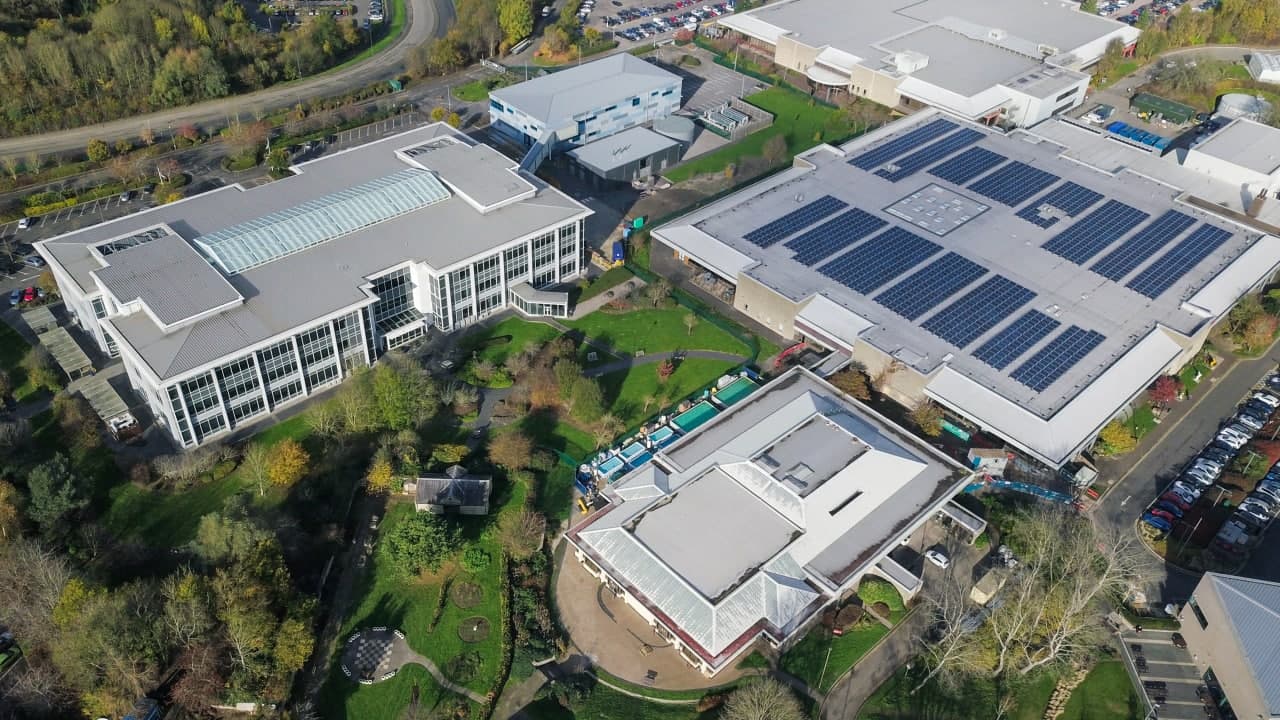The M.Sc. core program is intended for students wishing to pursue careers in academia, the medical field, or industry. Thesis projects available in the various laboratories of the Department are multidisciplinary and ensure that students are exposed to a broad spectrum of research projects and experimental approaches. Students who have achieved superior progress in their research have the option to transfer to the Ph.D. program, waiving the M.Sc. thesis submission.
The M.Sc. in Experimental Surgery; Digital Health Innovation focuses on the basics of clinical epidemiology, medical artificial intelligence, clinical innovation, and applied data science, including the use and generation of digitized health and social data using specialized software.
This concentration emphasizes healthcare needs specifically within the surgical field in resource-limited settings. It comprises three main pillars: research, education, and mentorship. Through extensive research work, students will participate in the design and implementation of innovative approaches in surgical care and injury surveillance, advancing the surgical capacities in low- and middle-income countries.
This concentration provides a foundation in surgical education practice and research. The program highlights the unique teaching and learning environment of surgery coupled with a basis in educational theory, curricular design, and implementation. A major emphasis of this program is surgical educational research with the elaboration, designs, implementation, and analysis of a research project founded in best practices of educational research.
This concentration is intended for residents interested in developing new devices and software solutions for surgical needs, as well as non-clinician trainees with a passion for healthcare technology.
This concentration offers a graduate-level training program focused on the science of measuring and improving the outcomes of surgical patients. Students in this concentration will complete coursework addressing research methods, biostatistics, and strategies to measure and improve postoperative outcomes.
Master of Science (M.Sc.) Experimental Surgery (Non-Thesis) (45 credits)
This is a graduate?level training program in fundamentals of modern surgical research. The program is based primarily on academic course work and short projects. It is designed to be flexible and provide students the opportunity to gain knowledge in various surgical core disciplines while allowing training opportunities in more specific areas such as global surgery, innovation, education or as the interest of the students dictates.
For international students
Applicants are expected to earn a bachelor’s degree from a four-year college or university that is located in and accredited in the U.S. or Canada.
The minimum score range requirement for TOEFL is 90-100, with a minimum of 20 in each section.
5 Years - Full time
![Fee]()
Fee
USD $66,670 for MD program and USD $66,670 for MBA
![Start Date]()
Start Date
![Address]()
Address
School of Medicine, 72 East Concord Street, BOSTON, Massachusetts, 02118, United States

Description
Requierments
Study options






 Stay in touch with us
Stay in touch with us








